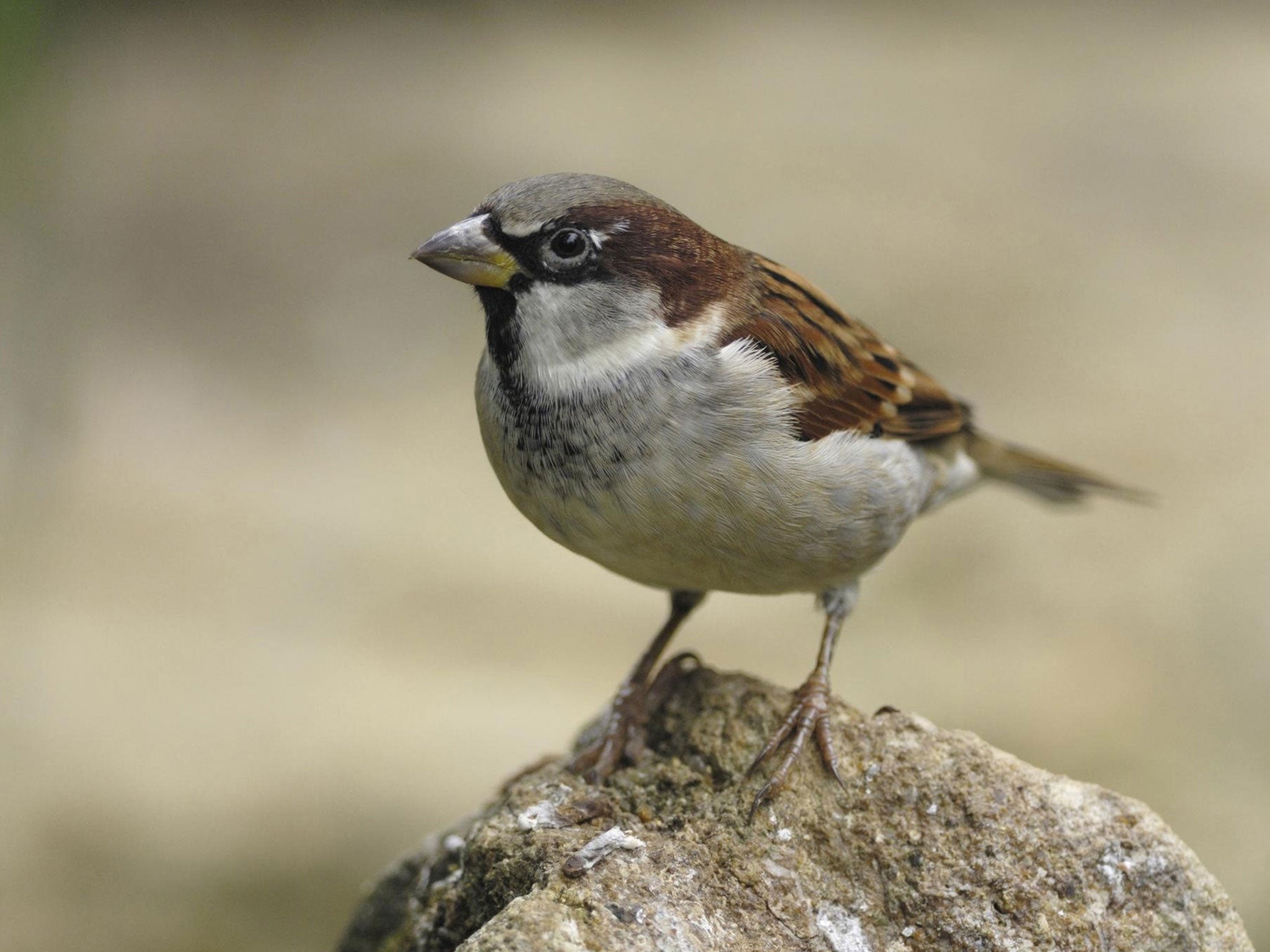RSPB Big Garden Birdwatch: 500,000 flock for world's biggest wildlife survey
The Society are predicting very unusual results for the 37th annual edition

The Big Garden Birdwatch, an annual birdwatching event to record species spotted across the UK, is expected to draw more than half a million participants this weekend.
Now in its 37th year, the Royal Society for the Protection of Birds (RSPB) wildlife survey is the largest of its kind in the world. Last year, a reported 8.5 million birds were counted by 585,000 people.
The RSPB uses the finding from the survey, published in March, to create an annual “snapshot” of bird numbers across the UK.
Unusually mild weather, however, means that the annual RSPB event in 2016 may produce the most unpredictable results in its history.
Figures from the Met Office released earlier this month revealed that December was the warmest and wettest month ever recorded in Britain, with almost double the average rainfall and an average temperature 4.1 degrees centigrade higher.
The RSPB said it would be monitoring how this had affected birds such as the long tailed tit – which struggles in harsh winters – and if there were lower numbers of species from the continent, including finches and blackbirds. Sightings of species such as starlings and song thrushes have declined by 80 per cent and 70 per cent since the survey began in 1979.
Ben Andrew, wildlife adviser at the RSPB, said: "If the UK experiences a continuation of these milder temperatures, those taking part in Big Garden Birdwatch may notice their gardens quieter than in other years.
"The milder weather means there is more food available in the wider countryside, with birds being less reliant on garden feeders."
However, Mr Andrew added it was still important to keep garden feeders stocked so that birds could find food whatever the weather.
Join our commenting forum
Join thought-provoking conversations, follow other Independent readers and see their replies
Comments
Bookmark popover
Removed from bookmarks